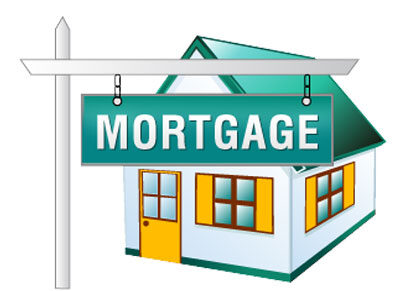Debt consolidation is a financial strategy that many individuals turn to when facing the burden of multiple debts. It involves combining multiple debts into a single, more manageable loan or line of credit. This approach can be a helpful solution for those looking to simplify their debt management and potentially reduce their overall interest costs. However, like any financial decision, debt consolidation requires careful consideration. In this article, we will delve into what debt consolidation is and when it may be a good idea for you.
Understanding Debt Consolidation
Debt consolidation is the process of taking out a new loan or line of credit to pay off multiple existing debts. This results in having just one monthly payment to manage instead of several. The primary goals of debt consolidation are to simplify debt management and potentially lower the overall cost of debt through reduced interest rates or extended repayment terms.
Debt consolidation can take various forms, including:
- Personal Loans: You can take out an unsecured personal loan to pay off your existing debts. These loans typically have fixed interest rates and terms, making it easier to budget.
- Home Equity Loans: If you own a home, you can use your home’s equity to secure a loan. Home equity loans often offer lower interest rates compared to other types of debt.
- Balance Transfer Credit Cards: Some credit cards offer balance transfer options, allowing you to transfer high-interest credit card debt to a card with a lower introductory interest rate.
- Debt Management Plans: A credit counseling agency may negotiate with your creditors to create a debt management plan, consolidating your unsecured debts into a single monthly payment.
When Is Debt Consolidation a Good Idea?
Debt consolidation can be a beneficial financial strategy in several scenarios:
- Managing Multiple Debts: If you are juggling multiple debts with varying interest rates and payment due dates, consolidating them can simplify your financial life. It’s easier to keep track of a single payment each month.
- Lowering Interest Rates: If you can secure a debt consolidation loan or credit card with a lower interest rate than what you’re currently paying, it can save you money over time. Lower interest rates mean more of your payment goes towards the principal, reducing the total cost of the debt.
- Avoiding High-Interest Credit Card Debt: If you have a significant amount of high-interest credit card debt, consolidating it with a balance transfer credit card or a personal loan can be a smart move. It can help you escape the cycle of paying primarily interest with little progress on the principal.
- Boosting Your Credit Score: Successfully consolidating your debts can have a positive impact on your credit score. A single, well-managed credit account can improve your credit utilization ratio and your payment history, which are essential factors in your credit score.
- Staying Committed to Repayment: Debt consolidation can be most effective when you commit to repaying the consolidated debt. Ensure you have a budget and repayment plan in place to avoid accumulating new debt.
When Is Debt Consolidation Not Advisable?
While debt consolidation can be a powerful tool for some, it may not be the right choice in every situation. Here are some instances when debt consolidation is not advisable:
- High-Interest Rates: If you cannot secure a lower interest rate through debt consolidation, it may not be worth pursuing. A higher interest rate on the consolidation loan could lead to increased costs.
- Financial Instability: If you are facing severe financial difficulties, such as job loss or a significant reduction in income, debt consolidation may not be a suitable option. In such situations, you may need to explore other solutions, such as debt negotiation or bankruptcy.
- Reckless Spending Habits: Debt consolidation will not address the root cause of your debt problems if they stem from reckless spending habits. Without a change in behaviour, you may end up accumulating more debt.
- Risking Collateral: If you consider a home equity loan for debt consolidation, keep in mind that you are risking your home as collateral. Failure to repay the loan could result in foreclosure.
- Defaulting on the Consolidation Loan: It’s crucial to make the monthly payments on your consolidation loan or credit card on time. Defaulting on the new loan can worsen your financial situation.




